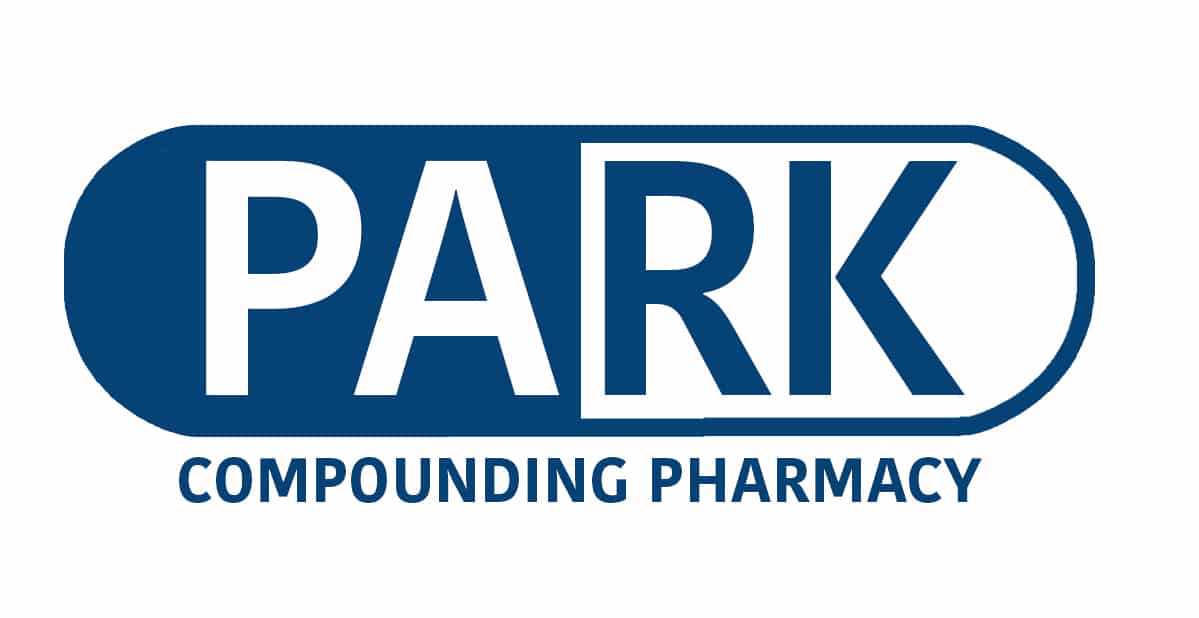Congested sinuses and dry nasal passages often come with the changing of the seasons. Using a nasal rinse can help clear the sinuses of dust and debris and provide moisture. According to FDA guidance, nasal rinsing devices are “usually safe and effective when cleaned properly.” At Park Compounding Pharmacy we offer nasal rinsing devices that can be used alone or with compounded prescription medications.
Reasons for Sinus and Nasal Problems
As the temperature drops and the heat is turned on, indoor air can start to become excessively dry. When the air becomes drier, your nasal passages can dry out. Providing moisture to the nasal passages helps the cilia – the hair-like structures that remove debris and mucus – work better. A nasal rinse can help with stuffiness, sinus pressure, and nasal irritation from dust, smoke, and other irritants. Nasal rinses have also been shown to help with seasonal allergic rhinitis by removing allergens from the nasal passages.
Studies have reported that “subjects with chronic sinus symptoms using 2% liquid SNI daily plus routine care, compared to routine care alone, reported a 64% improvement in overall symptom severity, and significant and clinically relevant improvement in disease-specific quality of life at 614 and 18 months.” There is a large of amount of research that supports using saline nasal irrigation to manage a variety of chronic and acute nasal problems.
First Steps
The process of using a nasal saline rinse is easy but it is important to remember to use good hygiene practices and the right water. The saline is essential when rinsing your sinuses. Without saline, the plain water can cause burning and irritation. Wash your hands before making the saline solution. Always follow the directions provided on how to mix the salt packets with the water. Getting the right ratio will help prevent irritation. If there is too much irritation, you may need to adjust the ratio of salt to water. Many devices will come with saline packets for you to use, but some people use regular non-iodized salt. Using non-iodized salt without any additives is important because other types of salt can cause further irritation.
What Type of Water Should I Use for Nasal Irrigation?
Always use boiled, distilled, or sterile water when preparing a nasal irrigation. Water should be boiled for 3 to 5 minutes then allowed to cool until it is lukewarm. Do not re-use or store the water as it could become contaminated. Always boil new water for each time you use the rinse. If you are buying water at the store, you can look for water that says either distilled or sterile on the label. Untreated tap water can have harmful bacteria that cause infections when used intranasally, so this is one of the most important things to remember when using a saline rinse.
Using the Saline Rinse
With a neti pot, you will need to stand with your head tilted to one side over a sink. The rinse is going to flow up one nostril and out the other one. The NeilMed sinus rinse also has to be used over a sink but you do not need to tilt your head. This will be different if you are using the Rhino Clear atomizer. The Rhino Clear does not expel as much water at once so there will not be a large flow of water out of your nostrils. Instead, discharge is collected in a chamber at the top of the atomizer that can be cleaned after use.
Last Steps
When finished rinsing, gently blow your nose to remove any remaining saline rinse. Then thoroughly clean your nasal rinsing device and wash your hands. Dry the device with a paper towel or leave it out to air dry. If there are special precautions for washing the device make sure to follow them. The Rhino Clear parts for example should never be boiled to sterilize them – only washed by hand with warm soap and water.
Nasal Rinsing Devices and Products
Some people use their saline rinses just once a week and other use it 3 or more times per week. Your doctor may have a specific regimen that he wants you to follow to manage your chronic sinusitis or another condition. If you are using a medicated solution you should follow the instructions given on your prescription.
NeilMed Sinus Rinse: The NeilMed Sinus Rinse is a nasal irrigation bottle that is squeezed into the nostril. The bottle allows you to squeeze the solution into your nasal passages so you do not need to tilt your head like with a neti pot. The NeilMed will empty up to 95% of the solution in an upright position.
Rhino Clear Atomizer: The Rhino Clear atomizer is a nasal irrigator specifically designed for flushing and treating the nasal cavities of both adults and children with saline solutions. The nasal irrigator is portable and operates on 2 AA batteries. Park Compounding Pharmacy frequently provides the Rhino Clear atomizer to be used with compounded nasal solutions. A few examples of drugs that may be prescribed for use with the atomizer include budesonide, nystatin, and mupirocin. There are also combination atomized solutions that can be made that include mupirocin, xylitol, bismuth, triamcinolone, nystatin, and other drugs in one formulation.
Buy the Rhino Clear atomizer here.
Consult Your Healthcare Provider
Talk to your healthcare provider about using saline rinses or possible medicated solutions that can be used to alleviate your nasal symptoms. Colder weather can bring more severe irritation and dryness but there are solutions that can provide relief. Park Compounding Pharmacy is here if you need assistance with either the NeilMed or Rhino Clear atomizer.







